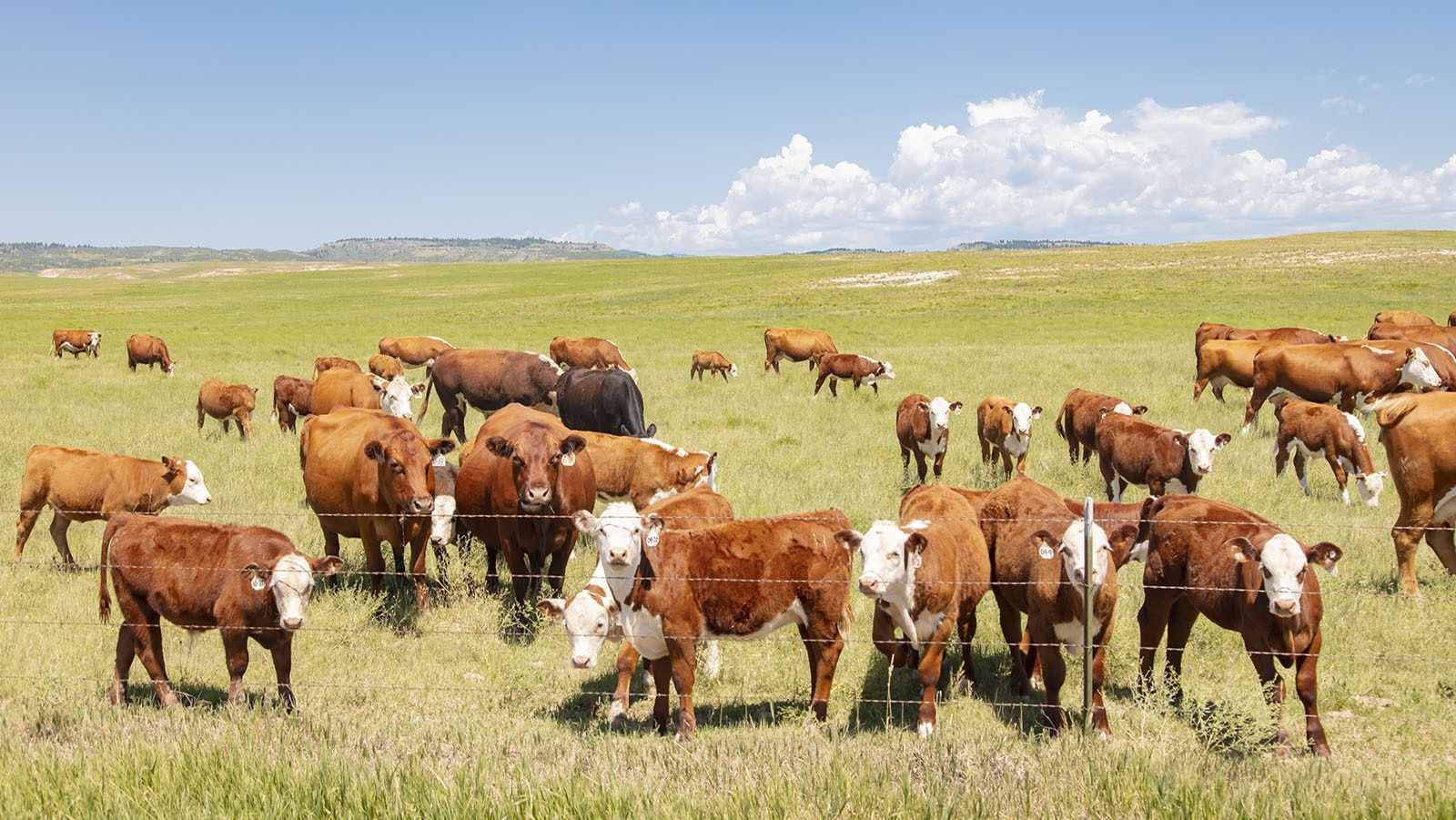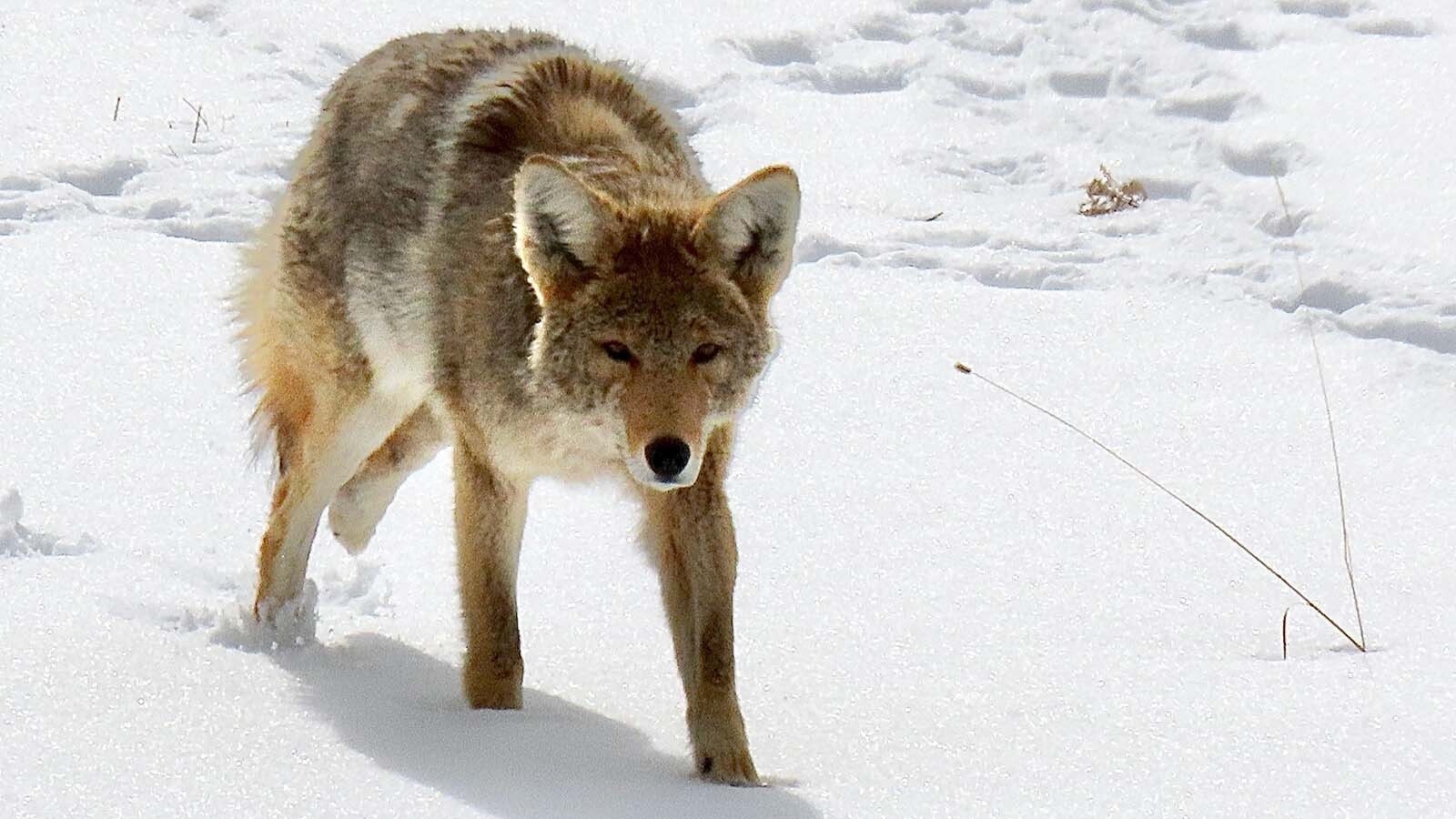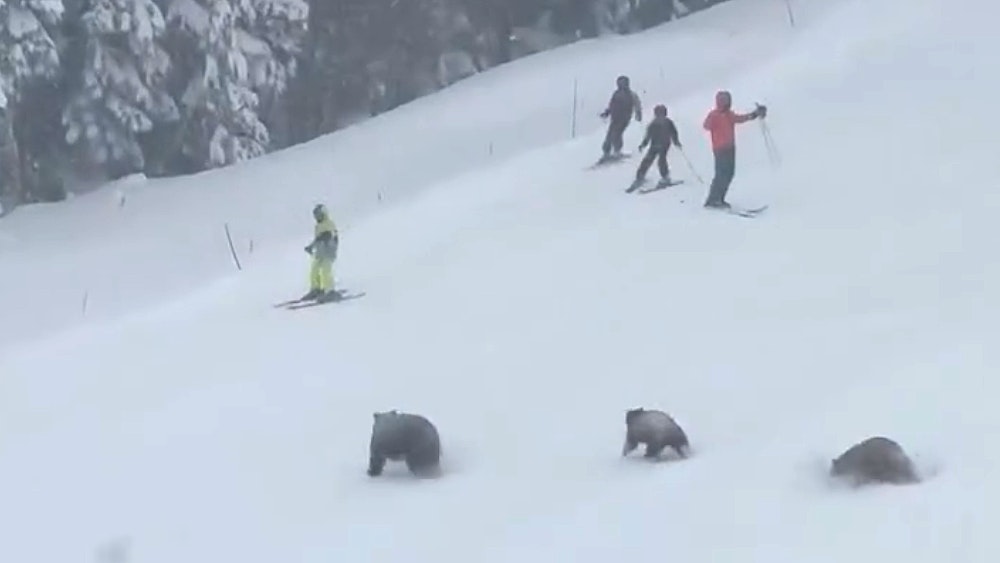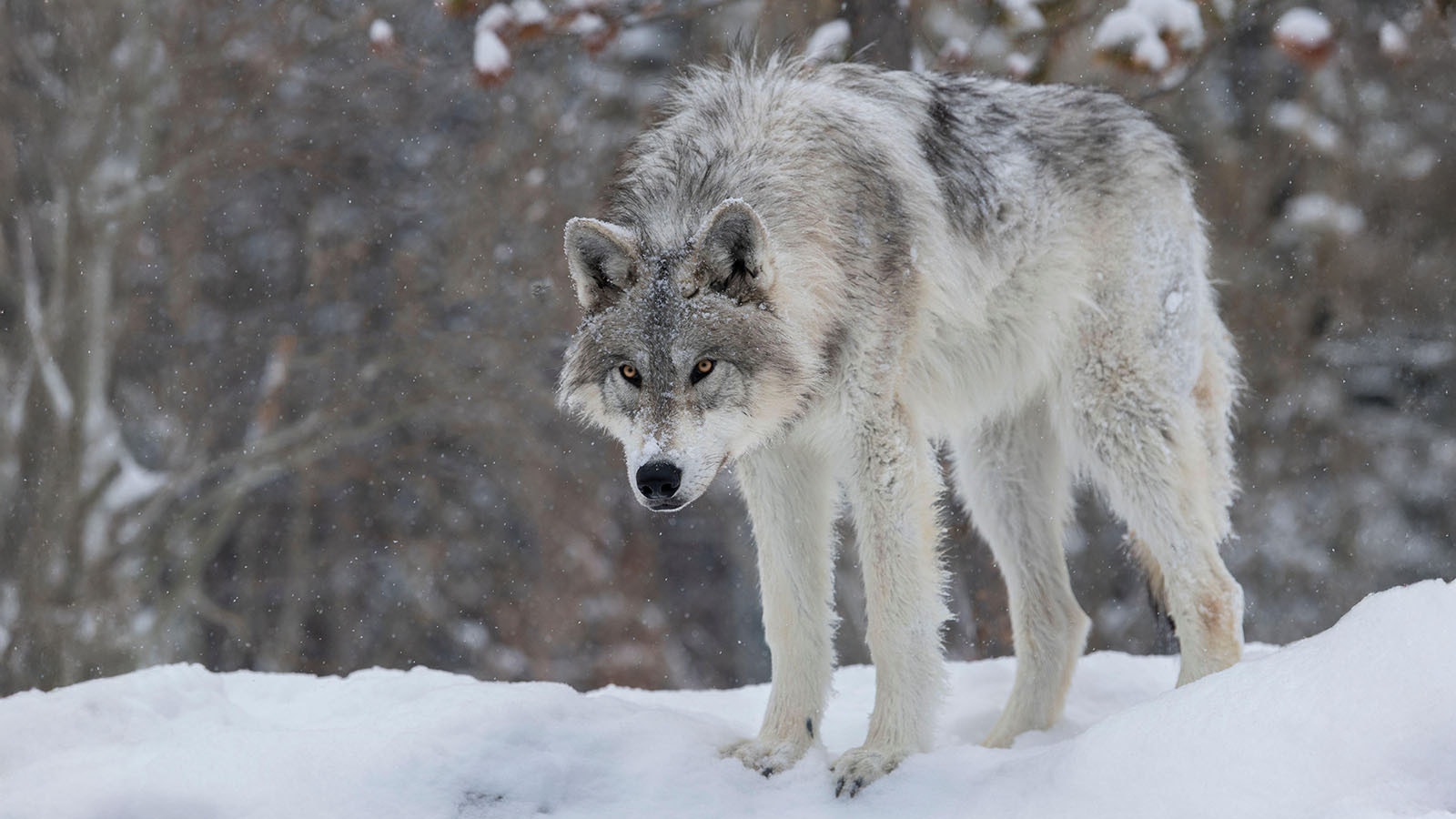A proposed rule by the Bureau of Land Management to allow public land to be leased for conservation in the same way it is leased for grazing and oil and gas development has industries that rely on public lands crying foul, saying it’s a thinly veiled attempt to end that development.
But Josh Osher, public policy director for the Western Watersheds Project, said those concerns are overblown.
Ranching and oil and gas industry representatives testified this week at a Select Federal Natural Resource Management Committee hearing that the rule, if it were to become final, would block other uses of that public land.
Osher said that isn’t true.
“The BLM has bent over backwards to tell them that conservation leasing will have no impact on their permits,” Osher told Cowboy State Daily.
Preservation Not An Option
One of the concerns that Wyoming’s livestock and petroleum industries have is that the conservation leases would allow land to be set aside for non-use or preservation. Osher said this isn’t the case.
Osher said there are only two purposes for conservation leases. One is to perform restoration activities, and the other is to offset an impact from another project through restoration to receive mitigation credit.
“They’re not offering conservation leases for, quote, ‘preservation.’ That’s not even an option,” Osher said.
The proposed rule, he said, states “very clearly” that the conservation leases would not impact valid, existing authorizations.
Grazing permits, he explained, are a privilege that ranchers have with the BLM, and with that privilege is a preference to renew a permit at the end of its 10-year term. Osher said that nothing in the rule would supersede those preferences, so long as the rancher has met the terms and conditions of the existing grazing permit at the end of the 10-year term.
“The rule is super clear about that,” he said.
Undefined And Vague
Karen Budd-Falen, a Cheyenne lawyer who owns several ranches in Wyoming, agrees that the way the rule is written it clearly states that valid, existing users will be honored.
“But it doesn’t define what a valid, existing use is,” Budd-Falen told Cowboy State Daily.
Under the Taylor Grazing Act, a holder of a grazing lease would have a preference right to that grazing allotment. But Budd-Falen said the way the regulations are written the only use that’s guaranteed is non-economic use. So, if that grazing allotment is in conservation at the time of renewal, she said, there’s no guarantee that the lease holder can continue grazing cattle.
30X30 Order
In a statement, Budd-Falen said the proposed rule would require the BLM to take a precautionary approach when authorizing land uses that may impair “ecosystem resilience.”
This proposed regulation is based on an executive order President Joe Biden passed soon after taking office, which is known as the 30X30 initiative. It envisions a goal to conserve 30% of U.S. lands and freshwater and 30% of U.S. ocean areas by 2030, as a means to tackle what the president calls a “climate crisis.”
Budd-Falen said that the 30X30 order views conservation as land in its natural state that is untouched by any human activity.
“Since this administration believes that ecosystem resilience is necessary to defeat climate change and only land in its natural state will meet the country’s climate goals, I am assuming that the protection of the natural state means no use of multiple-use lands,” Budd-Falen said.
Redundant Tools
Critics are also skeptical of the proposed rule because it grants conservation tools they say the BLM already has. Grazing, mining, and oil and gas development are all conducted under conservation guidelines, raising the question as to why the agency would need another tool for that purpose.
Osher said that the proposed rule isn’t just about conservation leasing. It’s about taking components of the BLM conservation guidelines and writing regulations that ensure those legal requirements that the agency has are part of the resource management planning process.
The proposed rule would also give the BLM tools to accomplish that, he said.
The current regulations, Osher said, don't require the agency to identify impacted landscapes and consider management alternatives to preserve them.
“It’s saying, ‘Go look really carefully at what values we have on these public lands,’” Osher said.
This would set out through management planning, he said, areas identified for restoration and bring in a third party to accomplish that goal faster and more effectively.
Non-Commercial Activities
Osher said the only situation he could envision under the proposed rule in which a conservation lease would block grazing is on vacant allotments, which are allotments that are open to grazing but no one is using them for various reasons.
If someone used a vacant allotment for a conservation lease, Osher said, then a new environmental analysis would need to be done to determine if grazing was appropriate on that allotment.
So, if the conservation activity on that allotment was replanting native grasses, and the cattle grazing would destroy that work, then a grazing permit might be denied, Osher said, in that case.
Osher also disputed the concern that conservation leases would prevent recreational activity. The guaranteed non-commercial activities wouldn’t apply, he said, to activities such as hiking, hunting, fishing and horseback riding.
There are some scenarios where, such as the example above where a conservation activity is disturbed by hiking. In that case, recreational activities could be blocked by a conservation lease, but otherwise they would be permitted.
No Comments
The industry and the state is also concerned with how the BLM is developing the rule.
Gov. Mark Gordon testified Thursday on the proposed rule before the House Committee on Natural Resources.
He said that the BLM held in-person information sessions in Denver, Albuquerque and Reno. The public was allowed to ask questions, but the BLM took no public testimony. No such sessions were held in Wyoming.
“It is clear they are avoiding having real testimony on the ground with real practitioners of conservation. They are looking for communities where they can find a favorable audience so they [BLM] can move things forward,” Gordon said in a statement.
Gordon said his administration values the relationships that the state has with the Wyoming BLM staff, and he considers it “boneheaded” for the federal BLM to make no attempt to get “on-the-ground stakeholder knowledge.”
The agency announced Friday that the comment period would be extended by 15 days, to July 5, which would bring the comment period to a total of 90 days.
Conservation Philosophy
Kevin Moore, who worked as a forester for the U.S. Forest Service before he retired, told Cowboy State Daily the philosophical debate over conservation goes back generations. One side is the philosophy of preservation, and on the other is the philosophy of sustainable natural resource development.
“The Park Service embodies preservation. The legislation guiding the Forest Service and the BLM definitely embodies wise use of resources for the benefit of man and for future generations,” Moore said.
He said he sees the proposed rule as an effort to undermine that philosophy, which is prevalent in the West, through rulemaking in the East.
“It is yet another example of the urban versus rural conflict in resource management,” Moore said.





